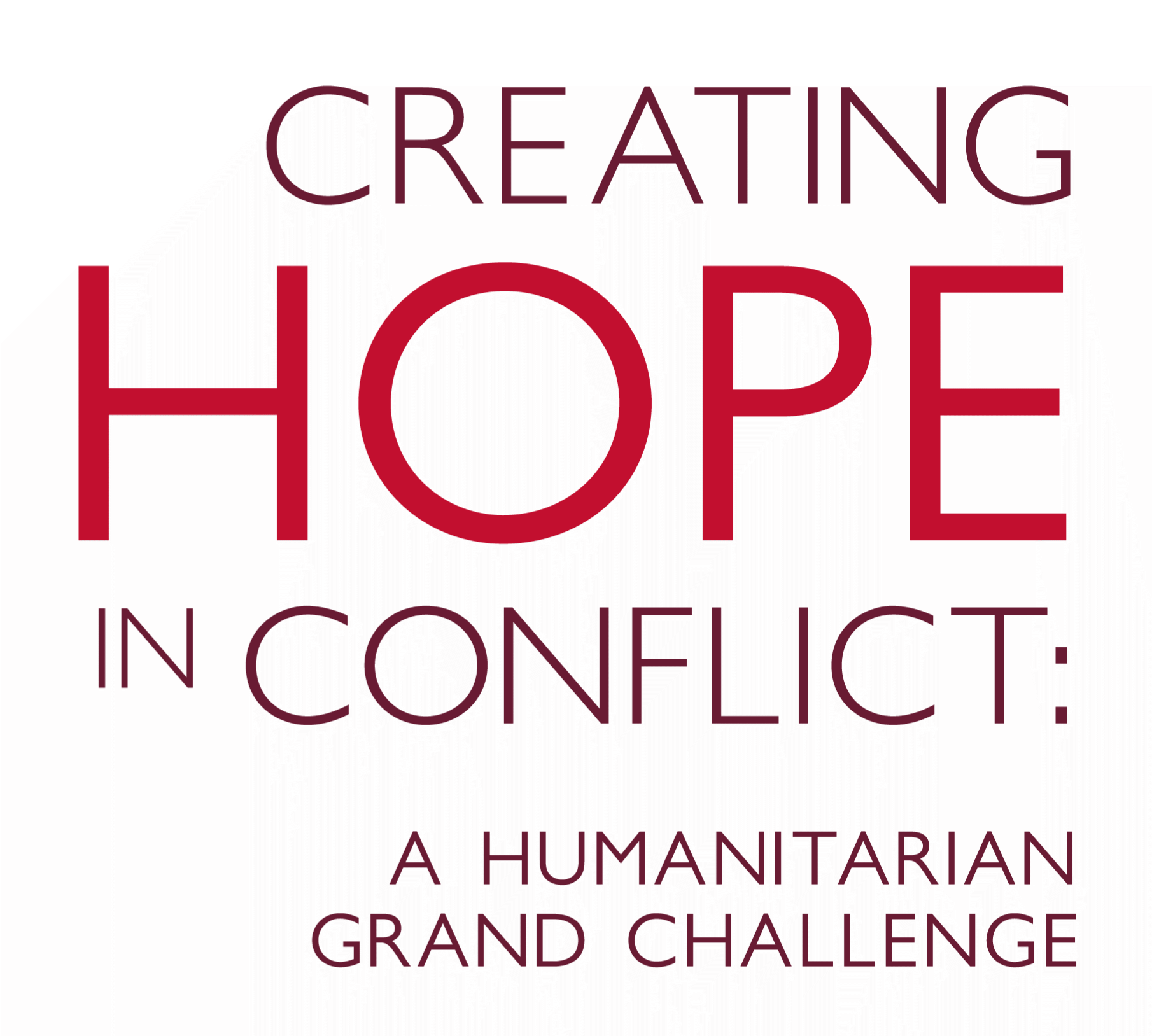Since 2018, Creating Hope in Conflict: A Humanitarian Grand Challenge has provided proof of concept (Seed) and transition to scale (TTS) funding to 75 innovations intended for use with conflict-affected populations in over 20 countries. We embarked upon a learning journey to better understand how innovative products and processes could be tested and pointed towards scale in humanitarian settings, in order to help solve some of the most complex problems and barriers within the humanitarian sector.
This post is one of many SEED Stories: a series of blogs reflecting on what HGC-funded innovators have achieved and key lessons learned during the duration of their seed grant periods.

SMART+: a digital system for fast, reliable malnutrition data tackling the health crisis in Somalia
In contexts with emergency-level rates of malnutrition, a lack of timely and reliable nutrition and mortality data prevents humanitarian actors from mapping distribution to prioritize children and other highly vulnerable populations requiring urgent attention. Gaps in data are caused, in part, by a shortage of skilled surveyors and the fact that data collection is often biased, costly, slow, and lacking in transparency. Without accurate data to identify needs and ensure staff and resources are allocated appropriately, malnourished children are not reached by life-saving health services in time to prevent avoidable suffering and death.
How The SMART Initiative Tackled this Challenge
The SMART Initiative, hosted by Action Against Hunger Canada, was awarded a $250,000 seed grant to address the need for a timely and data-driven response to emergency-level malnutrition. The SMART Initiative initially planned to deploy SMART+ integrated digital infrastructure in Somalia for simplified and improved collection of nutrition and mortality data. Designed to support governments and aid agencies in rapidly identifying, alerting, and reacting to impending health and nutrition crises, SMART+ generates accurate data with less time, staff, and resources required. Using the established SMART methodology, the application streamlines data collection, automatically analyzes incoming data, assures quality through a survey management tool, aggregates data into a central database, and visualizes results on a public dashboard down to the sub-regional level. By ensuring that the delivery of life-saving health services is responsive to evolving needs on the ground, the SMART Initiative’s innovation aimed to both saves lives and increase the efficiency of humanitarian aid delivery amidst the region’s prolonged hunger crisis.
Unfortunately, an unanticipated change of pilot location was necessitated by the activation of a Level 3 emergency in Somalia, resulting in the de-prioritization of assessments. To avoid any disruptions to implementation, Kenya and South Sudan were identified as alternative pilot locations. In piloting SMART+, the SMART Initiative managed to directly survey and assess 972 children under the age of 5 (537 in South Sudan and 435 in Kenya) for acute malnutrition. They directly informed caregivers of the children’s nutrition status and provided referrals for treatment where needed. Using the data collected, The SMART Initiative also determined the prevalence rate of acute malnutrition in both locations. In Aweil East County, South Sudan, the rate of acute malnutrition was found to be 16.5%, which is above the WHO emergency critical threshold. In Laikipia County, Kenya, prevalence was determined to be 13.9%, representing a serious emergency. By obtaining prevalence rates of acute malnutrition with SMART+, Action Against Hunger could quickly provide stakeholders with estimates that accurately reflected the current nutrition situation in each area, allowing them to effectively plan an appropriate humanitarian response. Additionally, in the process of piloting SMART+ in both locations, the SMART Initiative trained 47 enumerators (23 in South Sudan and 24 in Kenya) and 4 survey managers on the SMART+ system, increasing the capacity of these counties to conduct future nutrition and mortality assessments. More recently, in Dollo Zone, Ethiopia, an additional 35 enumerators and 4 survey managers were trained.
Partnerships Built
While developing SMART+, several critical partnerships were established with various humanitarian organizations at different stages of product development to ensure that the tool met the needs of users and would be implemented by others working in conflict-affected settings. Various agencies and governments provided technical input and practical recommendations at different stages of the project: Global Cluster System (including Nutrition, WASH, and Food Security Clusters), the Integrated Phase Classification unit at FAO, UN agencies with a nutrition mandate (UNICEF, WFP, and WHO), UNHCR, international and national agencies (FEWSNET, Save the Children, Centres for Disease Control and Prevention) as well as government bodies (Ministries of Health in Lebanon, South Sudan and Kenya). Diverse input made the innovation robust, easy to institutionalize, and fit for integration into existing health and information systems.
Lessons Learned
- In fragile contexts where the situation is very dynamic, it is important to always have a backup plan for field-related activities in order to optimally deliver proposed plans.
- Strong collaborations with local and national partners are needed to facilitate data-sharing agreements with governments and other relevant authorities — ensuring that access to data is not hindered.
- For software development, detailed documentation and structuring of work are critical for success and planning.
What’s Next?
Given the widespread interest already expressed by governments and humanitarian aid agencies, a scale up plan is being devised to roll out the SMART+ innovation in Eastern and Southern Africa, Western Africa, and Southeast Asia. As of January 2022, Kenya confirmed the uptake of the innovation for institutionalization and integration within its Nutrition Information Systems and a launch event was hosted in April 2023 in collaboration with Kenya’s Ministry of Health and other local partners. The long rains assessments planned for June and July 2023 will be implemented using the SMART+ innovation. Plans are also underway to organize regional trainings in East and West Africa as well as Southeast Asia to facilitate the transition to scale.
